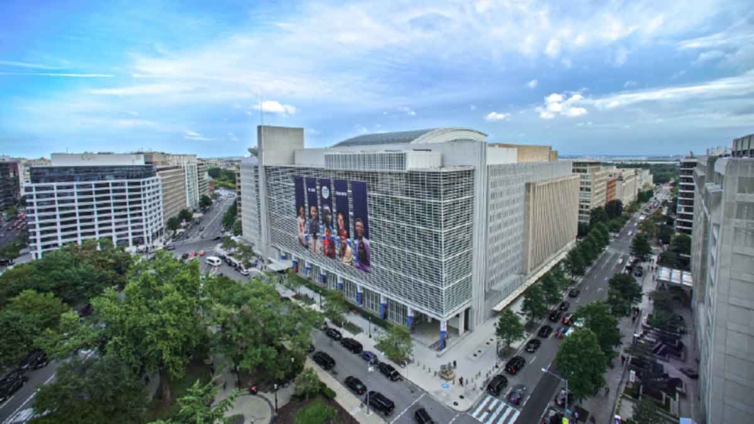The World Bank is expressing worry that Ghana’s economy has begun to deindustrialize prematurely, according to its latest Ghana Economic Outlook Report.
Traditionally, manufacturing is a marker of industrialization, but economic indicators show that the country’s economy may have begun to de-industrialize prematurely.
“There are indications that Ghana has begun to deindustrialize prematurely. Traditionally, manufacturing is a marker of industrialization. But economic indicators show that Ghana’s economy may have begun to deindustrialize prematurely, with the manufacturing sector’s share of employment peaking at a time when the national income in Ghana is lower than it was in other countries, such as the Republic of Korea, Malaysia, and Brazil, when they began transitioning to a services economy.”
The World Bank also pointed out that the economy lacks diversification, as indicated by its exports, which are dominated by primary products, such as oil, cocoa, and gold.
According to the Ghana Statistical Service, the manufacturing sector recorded a growth rate of 4.0% in the third quarter of last year, despite covid-19 pandemic.
Nevertheless, the country’s manufacturing sector is still small, compared with its middle income peers in Sub-Saharan Africa.
Large labour market gains from progress made in increasing educational attainment
An analysis of the contribution of human capital to productivity indicates that Ghanaians born today will as adults only be 45% as productive as they would have been under a benchmark of complete education and full health.
The shortfall appears to be driven by low student academic achievement, which in turn can be linked to a poor environment for child development and learning.
Nevertheless, the World Bank Economic Outlook report said average educational attainment among the working-age population increased from 8.9 years of education in 2005/06 to 9.4 years of education in 2016/17.
Earnings returns to education for wage-employed workers also indicate markedly higher payoffs for completing secondary education (12 years of education) and participating in tertiary education than completing lower levels of education.
However, only 26% of the working-age population had completed secondary education in 2016/17.
Latest Stories
-
Dreams FC denies allegations of attempting to sign Najeeb Yakubu
28 mins -
Election 2024: ‘Right to free and fair elections non-negotiable’ – Akufo-Addo
33 mins -
Kurt Okraku took out my passport from the U23 squad that travelled to Japan – Najeeb Yakubu alleges
44 mins -
Where hope fails: Ghana’s decaying home for the destitute
54 mins -
NDC Mining Committee for 2024 campaign refutes allegations of recruiting thugs for elections
1 hour -
Traction Control: A lifesaver with an off switch? Here’s why it exists
1 hour -
I don’t need anyman to woo me with money – Miss Malaika 2024 winner refutes pimping claims
1 hour -
”Kurt Okraku sabotaged my national team career because I refused to sign with Dreams FC” – Najeeb Yakubu
1 hour -
Businesses urged to leverage Generative AI for enhanced customer engagement
1 hour -
MultiChoice Ghana partners with Ghana Hotels Association to elevate guest entertainment
1 hour -
Bawumia’s music streaming app or Mahama’s pay-per-view TV channel?
2 hours -
Karpowership Ghana empowers 40 Takoradi Technical University students with scholarship
2 hours -
We expect significant reduction in prices of petroleum products in coming weeks – CEO AOMC
2 hours -
Betway Africa offers once-in-a-lifetime ‘Play-on-the-Pitch’ experience at Emirates Stadium
2 hours -
I coined the term ‘hype man’ in Ghana – Merqury Quaye
2 hours

